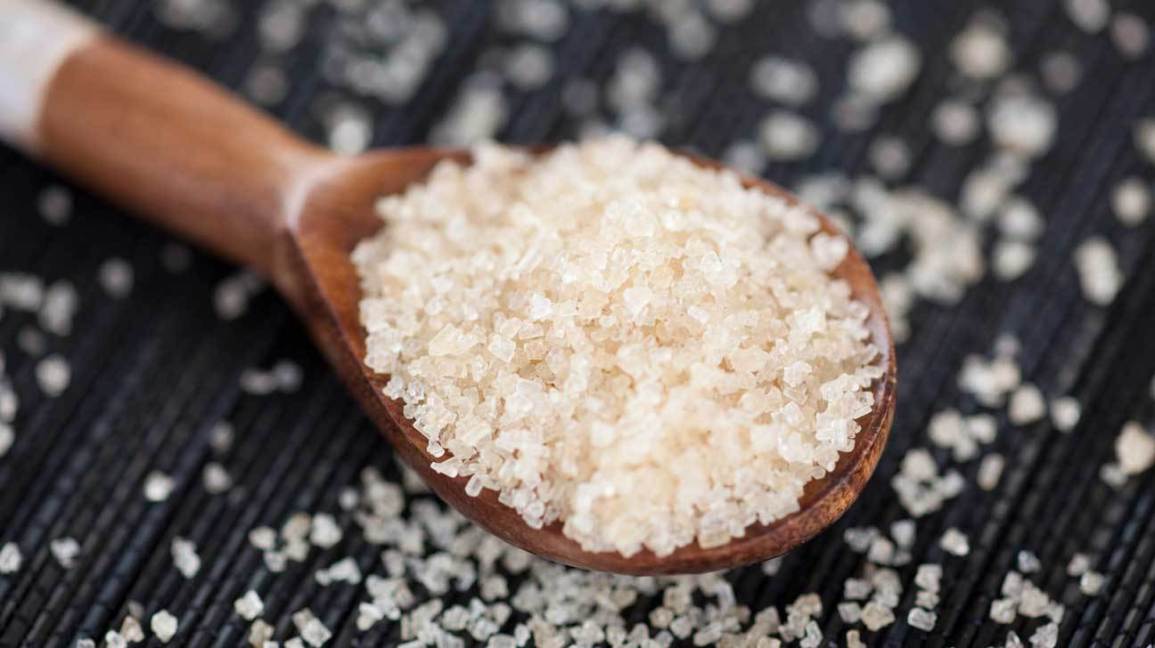Highlights
- What to expect when introducing a new sweetener to market
- How to access tolerances
- Testing for new sweeteners
When introducing a new sweetener to the market, many aspects of the ingredient must be verified. For the FDA to grant GRAS (generally recognized as safe) status, the safety of sweeteners must be verified. Further, to market the sweetener, independent verification of its performance should be demonstrated in various applications and over the shelf life of finished products. Safety and performance data make a strong business case for its acceptance and use in new products.
With any new ingredient, prospective users like to see the ingredient in the application. New sweeteners may be showcased in various applications such as beverages, confections, bakeries, or as a standalone consumer sweetener.
Mérieux NutriSciences supports this effort by conducting consumer sensory panels where these applications are presented to consumers, and data is collected on the acceptance of the product with the ingredient of interest versus other sweetener systems. Mérieux NutriSciences also uses an expert panel trained in descriptive analysis to create sensory profiles for applications containing the new sweetener. These sensory descriptive profiles are used to illustrate the performance of the sweetener in an application and benchmark the performance of the sweetener against the competition. In shelf life studies, these sensory characteristics and taste test scores can also be monitored over time.
Mérieux NutriSciences conducts shelf life studies that take a holistic approach to product quality. These studies cover all aspects of quality to ensure that the sweetener's effects on other aspects of the finished products are captured. Microbiological and chemical aspects of the food are tested, as well as changes in physical parameters like appearance, aroma, texture, and flavor. Quantitative data is compared to competitive data to show improvements in using the new ingredient.
Tolerance and Safety
Manufacturers may also want to conduct tolerance assessments on new sweeteners, either to augment a regulatory submission, in response to a request by a customer, or for a competitive benefit over some existing sweetener options. Clinical studies evaluating the safety and gastrointestinal tolerance may evaluate single or multiple doses consumed over a single ingestion period (acute) or over a longer period (chronic).
Tolerance is assessed by subjects rating individual gastric symptoms and includes scales for frequency and severity of the symptom. In addition, secondary measures of bowel movement frequency and stool consistency (Bristol Stool Scale; Aichbichler 1998) may be collected if the new sweetener is a non-digestible carbohydrate.
Adverse events and standard blood chemistries assess safety. Biofortis Research, a division of Mérieux NutriSciences, offers full clinical trial services to assist customers with new sweeteners in scientifically evaluating their product. Biofortis can design and write the study protocols, recruit subjects, execute the clinical trial, conduct the data analysis, and write the clinical study report.
In addition to sensory and clinical support, Mérieux NutriSciences offers various routine sweetener analytical services. Analytical testing plays an important role in confirming sweetener levels throughout product development and ongoing checks on products post-launch to monitor unintended shifts from specifications.
Mérieux NutriSciences offers testing for most mono- and disaccharides, as well as stevia, sucralose, aspartame, acesulfame K, saccharin, and others. We are particularly excited to introduce our most recent sweetener capability, an assay for allulose. Allulose, also called psicose, is a low-calorie monosaccharide that was recently given FDA exemption from counting toward total or added sugars on the revised Nutrition Facts Label. Currently validated for beverages, our allulose analysis involves extraction by HCl while being stirred and heated, followed by cooling to ambient temperature. The extract is then filtered and analyzed by High-Performance Liquid Chromatography for a quantitative result down to 0.10%. The addition of this assay reinforces Mérieux NutriSciences’ focus on a full-service sweetener testing portfolio.
Mérieux NutriSciences’ support for new sweeteners throughout the entire product lifecycle gives our customers the confidence to succeed with often stressful product launches.
Contact us today to help showcase your new sweetener or final product!
